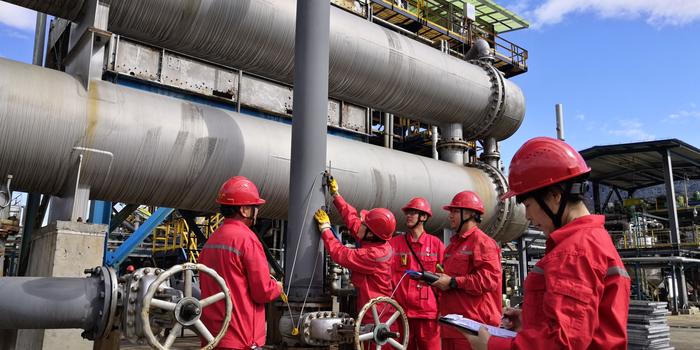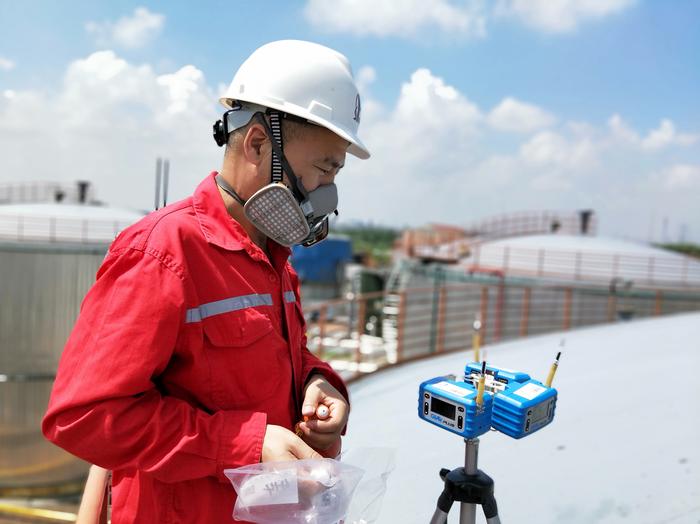|
| 2019-10-21 来源: 中国石化新闻网 |
| 石化新闻 |
|
中国石化新闻网讯 据油气新闻10月19日消息称,需求对充足的供应和流动性做出了强烈反应。随着液化天然气贸易的扩大,主要区域天然气枢纽的价格已跌到多年低点,越来越多的消费者能够负担得起天然气,从而天然气替代煤炭获得了份额。这推动了2018年全球需求增长5%,其中美国和中国的增长尤为强劲,全球天然气贸易增长4%。 这突显出,如果天然气要充分发挥其潜力,成本竞争力将发挥关键作用——尽管它为正处于前所未有的能源转型过程中的世界提供了各种各样的好处。它是一种独特而丰富的燃料,能够可靠地为世界迅速变化的能源系统提供更多的能源,支持经济增长,同时有助于立即减少排放和改善空气质量。 斯纳姆首席执行官Marco Alverà表示:“天然气目前处于最佳状态,鉴于其在发电中取代煤炭的潜力,以及氢和生物甲烷等可再生气体的逐渐增长,天然气具有广阔的前景。事实上,天然气以及日益增长的可再生气体的潜力能够减少二氧化碳排放和污染,使能源转型以所有消费者都负担得起的价格进行”。 IGU总裁Joe Kang教授指出:“我很高兴看到天然气价格的两个主要趋势-天然气价格正处于较低水平并日益全球化,我期待看到可持续能源带来的巨大好处。因为天然气在更多的市场变得更可承受。” BCG高级合伙人兼董事总经理Alan Thomson表示:“该报告强调了天然气行业在帮助实现巴黎气候目标方面的关键作用,即通过紧急减少甲烷排放,实现从煤炭的快速转型,以及推广新的低碳技术”。 天然气可以为一个更清洁的全球能源系统做出贡献。但是它面临着自身的挑战,包括需要持续的投资以扩大在全球范围内获得低成本天然气储量,以及在传输、存储和配置性基础设施中的需求,特别是在天然气使用量预计将大幅增长的新兴经济体。除了成本和可用性,天然气行业的前景还将受到改善其环境影响来推动-继续采取行动对减少甲烷排放和确保数据的可用性和透明度至关重要。最后,需要政府政策来维持创新,以促进低碳气体技术的发展,包括可再生天然气、氢和碳捕获、利用和储存(CCUS),因为它们可以提供一个有效的途径,在长期内大幅度减少能源系统的温室气体排放。 曹海斌 摘译自 油气新闻 原文如下: Confirmed essential role of gas in the future The demand has responded strongly to ample supply and liquidity. With LNG trade expanding, prices at key regional natural gas hubs have reached multi-year lows and gas has become affordable for more consumers, taking share from coal. That has driven a 5% increase in global demand in 2018, with a particularly strong growth in the US and China, and a 4% increase in global gas trade. This highlights the key role that cost competitiveness will play if gas is to deliver its full potential – notwithstanding the diverse set of benefits that it offers to a world that is in the process of an unprecedented energy transition. It is a unique and abundant fuel that can reliably supply the world’s rapidly changing energy systems with more energy and support economic growth while helping to immediately cut emissions and improve air quality. Snam CEO, Marco Alverà, said: “Natural gas is currently in a sweet spot and has exciting prospects in light of the potential for replacing coal in electricity generation and of the gradual growth of renewable gases such as hydrogen and biomethane. In fact, natural gas and even more the growing potential of renewable gases are capable of reducing both CO2 emissions and pollution, enabling the energy transition to take place at affordable prices for all consumers”. Professor Joe Kang, President of the IGU, noted: “I am thrilled to see the two prominent trends of natural gas prices – as they are reaching lower levels and becoming more globalized, and I look forward to seeing the great benefits for a sustainable energy future, as gas is becoming more affordable in more markets”. BCG Senior Partner and Managing Director, Alan Thomson, stated: “The report highlights the critical role of the natural gas industry in helping to meet the Paris climate goal, through urgently reducing methane emissions, enabling a rapid transition away from coal, and scaling up new low carbon technologies”. Natural gas can contribute to a cleaner global energy system. But it faces its own challenges, including the need for sustained investment to expand access to low cost gas reserves globally, and in transmission, storage and distribution infrastructure, especially in emerging economies where the use of gas is expected to grow significantly. Together with cost and availability, the gas sector’s prospects will also be shaped by a strong push to improve its environmental impact – continued action is critical to reduce methane emissions and ensure data availability and transparency. Finally, government policies to sustain innovation are required to boost development of low carbon gas technologies – including renewable gas, hydrogen, and carbon capture, utilization, and storage (CCUS) – as they can provide an efficient pathway to dramatically reduce greenhouse gas emissions of the energy system over the long term.
|







